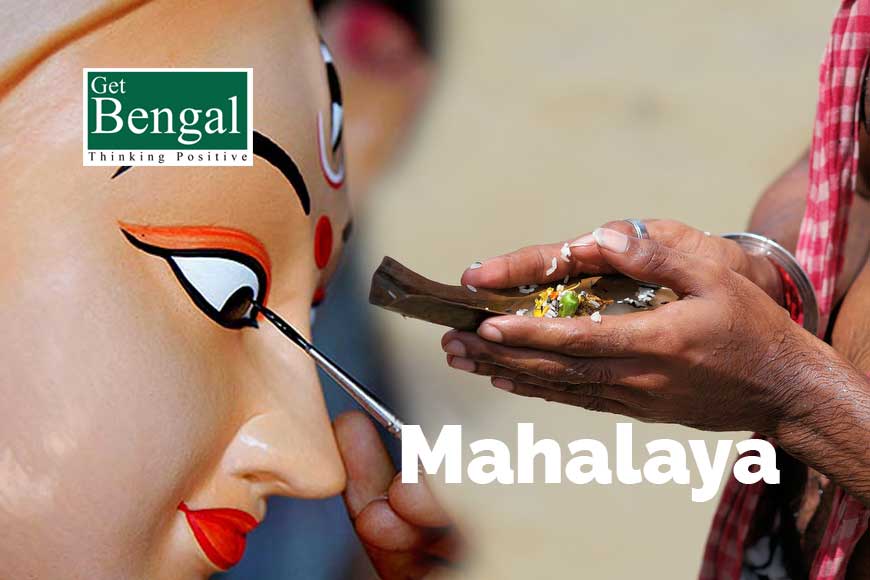Mahabharat’s Karna never performed Tarpan. Why?

Come Mahalaya and every year at the break of dawn, hundreds of people head to the ghats of the Hooghly. And what for? To stand in that waist deep water paying obeisance to the departed souls of ancestors. But why is the custom of tarpan associated with Mahalaya, when we invoke the Goddess of Clay to step on to this world of humans?
Many pundits believe, if this is the day when we remember our dead, then how can this day be shubh (auspicious) day, as most Bengalis believe it to be. Mahalaya originates from two words: Mahaand Alay, which means the great abode. It is believed all departed souls come down from the ‘Other World’ on Earth, expecting Pinda from their progenies. They feel content and shower their blessings when they witness their children performing the rites for them. So Mahalaya turns auspicious.
According to Pandit Satinath Pancha Teertha, the offerings made on the day of Mahalaya is not restricted to forefathers only. The ritual includes Dev Tarpan, Rishi Tarpan, Divya-Pitri Tarpan, Ram Tarpan and Lakshman Tarpan. Tributes have to be paid to all those, who died without anyone to call their own, who are in no way related or known to the family or died unsung. In this way, all those who died, even strangers, are invoked and offered prayers and food. The bond between the natural world and the Universe is thus strengthened.
But how did the Tarpan ritual originate? There are various tales related to it. According to Ramayana, in the Treta Yug, Lord Rama performed Durga Puja before he went on his rescue mission to Lanka to save Sita, from the clutches of Ravana. According to holy texts, Durga Puja is scheduled to be held in spring, but since Ram invoked the Goddess at a different time, this Puja is also known as Akal-Bodhan. According to Sanatan Dharma, offerings must be made to all departed souls. Lord Ram performed tarpan before he began Durga Puja and since then the ritual is followed by all Hindus on the day of Mahalaya.
According to Mahabharata, when Karna died and went to heaven, he was offered gold and other precious gems but no food. A puzzled Karna asked Lord Indra why he was not offered food and was told he was known for his large heart and charity but he had never offered any food to his ancestors, while he was alive. Karna did not know who his forefathers were, so he did not do Tarpan. Indra sent him back to earth for 16 days, so that he could complete his task before reaching heaven. This period came to be known as Pitri-paksha.









